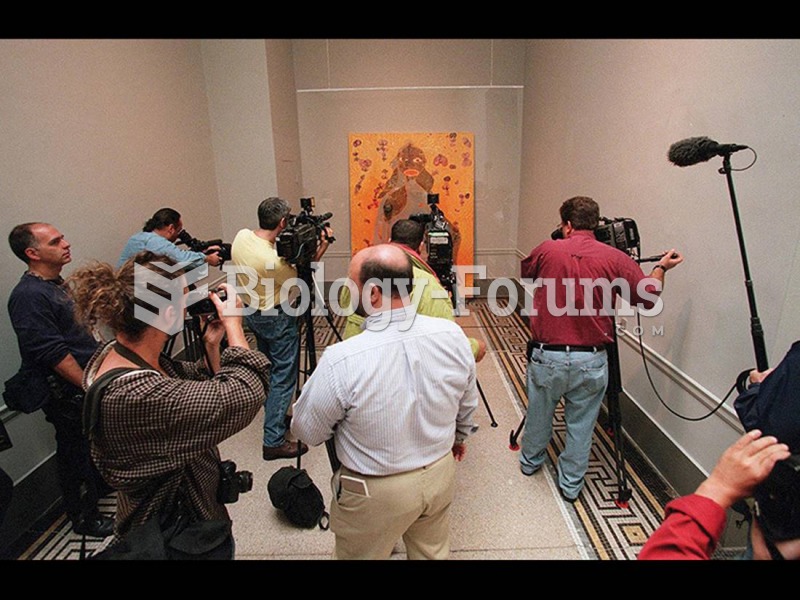Question 1
Which of the following statements most accurately explains the impact that the fourth period of the Thirty Years' War, the Swedish-French period, had on Germany?
A. During the Swedish-French period of the war, Germans gained great wealth from looting the nations of France, Sweden, and Spain.
B. During the fourth period of the war, French, Swedish, and Spanish soldiers looted all of Germany, killing an estimated one-third of its population.
C. During the Swedish-French period of the war, the Germans were largely left alone while the battles waged in France and the Netherlands.
D. During the fourth period of the war, the Germans lost mostly material wealth from looters, but few people were killed.
E. During the final phase of the war, Germany finally conquered its adversaries and paved the way to a nation that would dominate Europe in the decades that followed the war.
Question 2
Which of the following did NOT contribute to the outbreak of war between England and Spain?
A. England signed a mutual defense pact with France.
B. England's famous seamen began to prey on Spanish shipping.
C. England signed a treaty that committed soldiers to the Netherlands.
D. England assembled a large land army that rivaled that of Spain.
E. Pope Pius V excommunicated Elizabeth I of England.
Question 3
What did the Perpetual Edict of 1577 do?
A. ended hostilities between France and Spain
B. joined the northern provinces of the Netherlands against Spain
C. provided for the removal of all Spanish troops from the Netherlands within 20 days
D. secretively allied Philip II with the Guises to send armies under Alexander Farnese into France in 1590
E. cement the relationship between Spain and the papacy
Question 4
Which of the following is NOT true of the immediate aftermath of the Peace of Saint-Germain-en-Laye?
A. The crown acknowledged the power of the Protestant nobility.
B. The crown granted the Huguenots religious freedoms within their territories.
C. The crown granted the Huguenots the right to fortify their cities.
D. The Bourbon faction gained power.
E. Catherine de Mdici was sent into exile.
Question 5
By 1609, Palatine Calvinists headed a Protestant defensive alliance against Spain with the assistance from which of the following nations?
A. England, France, and Germany
B. Belgium, France, and Germany
C. Denmark, France, and the Netherlands
D. England, France, and the Netherlands
E. Poland, Switzerland, and France
Question 6
What substantial changes occurred when Elizabeth I took the throne from Mary I of England?
A. Elizabeth eliminated the tolerance for theater and dramatic creativity supported by Mary I.
B. Elizabeth changed the irresponsible financial policies promoted by Mary I.
C. Elizabeth reversed Mary's harsh restrictions against Protestants in favor of religious tolerance.
D. Elizabeth more fully enforced strict policies against religious disunity and dealt harshly with heretics.
E. Elizabeth reversed Mary's close relationship with Spain.







